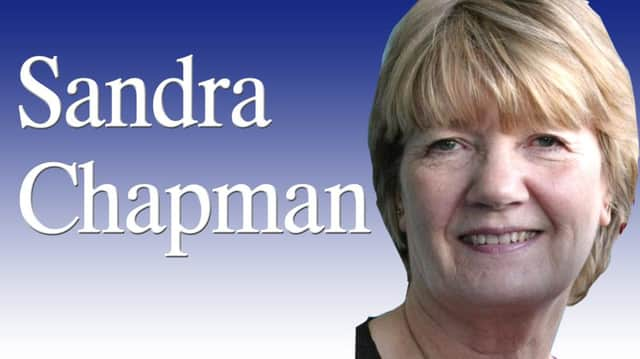Can we learn anything from our pagan ancestors who had a different slant on Easter?


Our church going Prime Minister Theresa May slapped Cadbury over the knuckles when the company dropped the word from their boxed chocolate eggs.
Should we have boycotted the company’s products in favour of those which did display the word? Is Easter and what it means to us all it seems? Cadbury was already in our bad books because its chocolate seems to have a less lingering flavour since new people took over at the top. Yet I bet the criticism has led to its public relations gurus being despatched to find out what the word Easter actually means.
Advertisement
Hide AdAdvertisement
Hide AdAfter reading Colin Nevin’s letter on the subject to the newspapers (including this one) this week I decided to do my own research since I clearly remember my late mother, who though not a church goer but was in anyone’s books a good Christian, telling me the word had to do with a goddess of fertility. My mother was an avid reader so obviously something on the subject had resonated with her.
She was partly right. As Nevin’s letter says the word has no connection with Jesus or his death but is the name of a pagan deity celebrating fertility, quoted by the Venerable English Christian Monk Bede as ‘Eastre’ or ‘Eostre’. Bede was the 7th-8th century father of English history. Eostre means “to shine’’ which gave this goddess a link to dawn. Anglo Saxons worshipped the powers of rebirth and fertility so a goddess was bound to figure in there somewhere. The egg was her symbol of fertile purity. Today the egg is our Easter symbol and I’ll be helping an assortment of children to decorate the hard boiled variety on Easter Monday.
I wonder what people, hundreds of years from now, will think of how we celebrated Easter. The shops are full of must-have decorations and treats and we’ve been eating chocolate eggs for a month or more. We post cards, put up decorations and Easter simply wouldn’t be Easter without a simnel cake decorated with tooth-rotting marzipan.
Easter lunch will always be lamb, so long as you can get out of your head the sight of those little critters gambolling around in the spring sunshine, watched over by their mothers. All so we can celebrate what, exactly – the Resurrection, the power of the dawn or fertility? Maybe it should be exclusively the latter given how many people are finding themselves in IVF clinics these days. We take fertility for granted yet abuse it terribly by delaying starting a family. In pagan times infertility was not understood and women suffered. We’re more knowledgeable now but take risks believing it’s more important to pay off the new car, furnish the house and have a few nice holidays abroad first. We even expect our badly stretched NHS to pay for infertility treatment once all that feckless spending on luxuries comes to an end.
Advertisement
Hide AdAdvertisement
Hide AdOur pagan ancestors probably hoped that worshipping fertility would protect it. They lived perilous lives then with many children never seeing their second birthday, dying of illnesses we can prevent today.
This Easter I’m too physically compromised to chase after eggs rolling down a hill though I will manage the egg hunt in the nearby woods. I will offer a slice of simnel cake with a glass of champagne to guests and this year I intend to toast goddess Eostre, if she ever existed, because we should know more about and treasure fertility and not expect the NHS to work miracles when it’s lost.